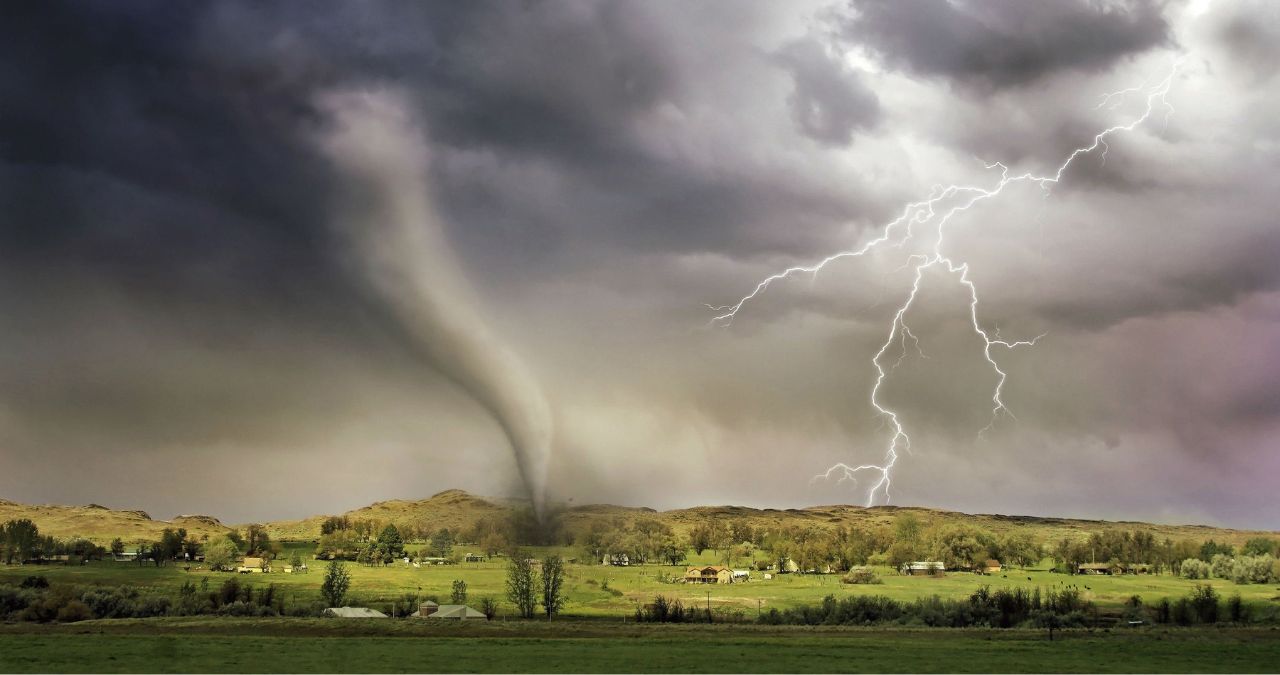In Omaha, Nebraska, where the weather can swiftly shift from peaceful to perilous, the importance of emergency preparedness cannot be overstated. From the tornadoes that sweep through the plains to the icy storms of winter, Omaha’s diverse climate presents unique challenges that necessitate a tailored approach to emergency planning and response. In this guide, we provide tips on how Omaha and its surrounding communities can enhance their readiness for emergencies, ensuring the safety and resilience of all residents in the face of unexpected disasters.
Emergency Preparedness in Omaha, NE: A Local Approach to Community Safety and Resilience
Identifying Omaha-Specific Risks
The first crucial step toward effective emergency preparedness in Omaha is recognizing the specific risks inherent to our area. Unlike coastal cities where hurricanes are the primary concern, Omaha must be prepared for tornadoes, severe thunderstorms, blizzards, and floods.
Collaborative efforts between local emergency management officials, community leaders, and residents are essential in conducting thorough risk assessments. Understanding these risks allows for the development of targeted emergency plans that address the unique needs of the Omaha community.
Crafting a Tailored Emergency Plan for Omaha
A well-structured emergency plan is the foundation of Omaha’s preparedness strategy. This plan must cater to the specific scenarios Omaha is likely to face, outlining detailed response protocols, evacuation routes, and shelter information specific to our area.
Incorporation of local emergency services, hospitals, schools, and businesses into the planning process is vital. Through community workshops and meetings, Omaha residents can be educated about the plan, understand their roles, and how they can contribute to a cohesive emergency response.
Strengthening Omaha’s Infrastructure for Resilience
Investing in infrastructure that can withstand Omaha’s weather extremes is a critical component of minimizing the impact of emergencies. This includes enhancing the durability of buildings, maintaining robust communication networks, and ensuring the reliability of essential services during disasters.
Omaha can also benefit from establishing stockpiles of emergency supplies, such as food, water, and medical necessities. Utilizing grants and government funding can support these infrastructural upgrades, making our community more resilient.
Emergency Drills and Training in the Omaha Community
Frequent drills and training sessions are indispensable for preparing Omaha residents for emergencies. By simulating various disaster scenarios, from tornadoes to winter storms, the community can practice emergency procedures, reducing chaos and confusion when real emergencies occur.
Collaboration with local emergency services during these drills offers expert guidance and reinforces the effectiveness of Omaha’s emergency response strategies.
Promoting Volunteerism and Community Engagement in Omaha
The spirit of volunteerism is a powerful tool in emergency preparedness. Encouraging Omaha residents to form and join community response teams can significantly bolster our city’s capacity to manage emergencies. These teams can offer critical support, from administering first aid to managing supplies. Initiatives like neighborhood watch programs and emergency information networks can further enhance Omaha’s readiness and ensure a coordinated response when disasters strike.
Utilizing Technology for Enhanced Emergency Preparedness
Technology plays a pivotal role in modern emergency management strategies. Omaha can leverage social media, emergency alert apps, and online platforms to improve real-time communication and resource coordination during emergencies. These tools can facilitate the rapid dissemination of critical information and assist in managing community resources effectively.
Ensuring Effective Communication and Mental Health Support
Clear and reliable communication channels are essential for disseminating emergency information swiftly and accurately. Additionally, recognizing the psychological impact of emergencies, Omaha’s preparedness plans must include access to mental health resources. Providing psychological first aid training and establishing support networks can help address the emotional and mental well-being of residents affected by disasters.
In Omaha, Nebraska, where the threat of emergencies looms with the changing seasons, a community-centric approach to preparedness is key. By acknowledging our specific risks, developing targeted emergency plans, investing in resilient infrastructure, and fostering a culture of preparedness and community support, we can ensure that Omaha is ready to face whatever challenges come our way.
Together, let’s build a safer, more resilient Omaha.
First Responders Foundation
The mission of the First Responders Foundation is to serve and honor all our First Responders, Veterans and their families; build appreciation and respect for their work; and enhance public safety. For more information, visit First Responders Foundation, or contact us.


